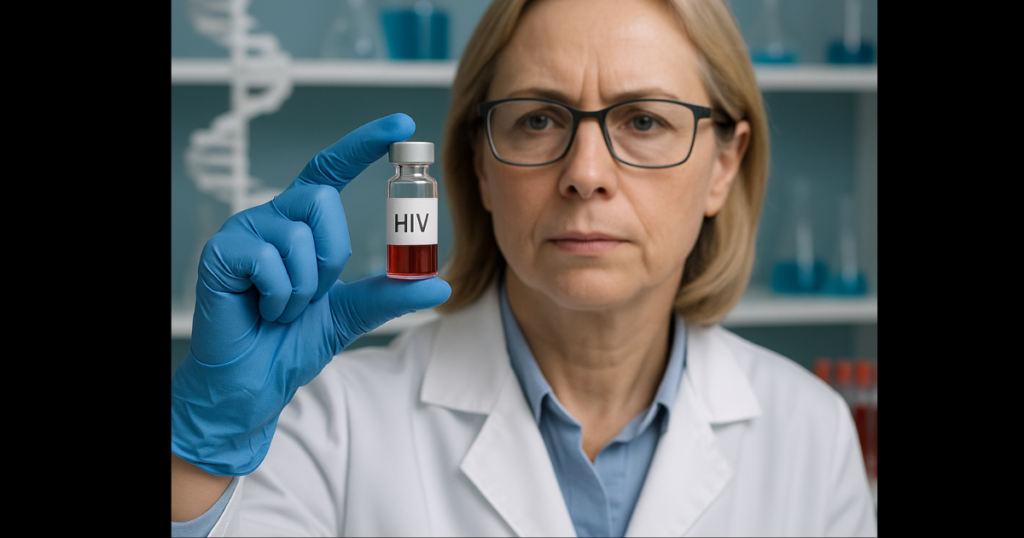Scientists have unveiled what could be one of the most transformative breakthroughs in the fight against HIV: a twice-yearly injection that dramatically reduces the risk of infection. Expected to roll out globally from 2027, the drug will cost just around ₹3,600 ($40) per patient annually, raising hopes of finally bending the epidemic toward its end.
From Daily Pills to Twice-Yearly Doses
For years, HIV prevention has relied on pre-exposure prophylaxis (PrEP) pills. While highly effective, they required strict daily adherence and carried the weight of stigma, limiting their widespread use. The new injectable drug, lenacapavir, changes that equation. Administered only once every six months, it has shown near-complete effectiveness in clinical trials, offering both convenience and reliability.
Access Through Global Licensing Deals
Affordability is central to the drug’s promise. Gilead Sciences, its developer, has entered into voluntary licensing agreements with generic manufacturers, paving the way for distribution in 120 low- and middle-income countries at about $40 (₹3,600) per patient per year. Health economists argue that large-scale production could reduce costs further, making mass prevention campaigns more feasible than ever before.
A Step Toward the End, Not a Cure
Public health leaders emphasize that lenacapavir is a prevention tool, not a cure. Millions already living with HIV will still require lifelong antiretroviral therapy. Its impact, experts caution, will depend on equitable access, robust healthcare infrastructure, and public trust. “This is a historic moment,” a UNAIDS official said. “If countries act quickly, we could finally steer the epidemic toward its end.”


